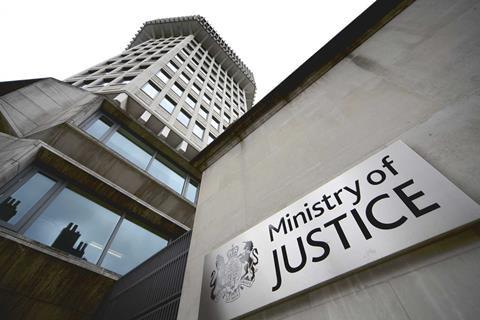The government has rejected a key proposal of the Independent Inquiry into Child Sexual Abuse that would make it easier for victims to bring civil claims.
A three-year limitation period currently applies from the date of the alleged abuse or knowledge of abuse, or from when the child turns 18, unless the court grants an extension. For this to happen the victim must prove a fair trial can proceed despite a time lapse.
The inquiry proposed that the limitation period be removed entirely, but the Ministry of Justice has ruled this out subject to a consultation launched yesterday. Instead, the MoJ proposes reversing the burden of proof, so cases would proceed automatically unless the defendant proves a fair hearing is not possible.

Justice minister Lord Bellamy said: 'Child sexual abuse is utterly abhorrent and we must protect the interests of these victims and survivors by making the judicial process as straightforward as possible. However, we also know limitation periods play an important role in ensuring defendants’ rights to a fair trial, which is why our proposal to reverse the burden of proof strikes the right balance. We welcome all views and will consider all responses carefully.'
The Inquiry, which reported in 2022, heard that a 'significant number' of claims are being rejected because of the time limit. Yet the vast majority of claims are brought later than three years, because it can take ‘decades for survivors to feel able to discuss their sexual abuse’.
Research by the All-Party Parliamentary Group on Adult Survivors of Childhood Sexual Abuse found it takes on average 26 years for victims to disclose sexual abuse.
The MoJ stressed that it accepts that limitation can act as a barrier to justice in these instances, while also creating added trauma. 'The proposal to reverse the burden of proof largely removes this hurdle, while maintaining the limitation period,' it said.
Another proposal is to put into statute Court of Appeal guidance on which factors should be considered when removing the time limitation. When determining applications for an extension to time limits, judges would then be required 'to formally take account of the guidance, ensuring each case is dealt with in exactly the same way'.
This article is now closed for comment.



























7 Readers' comments